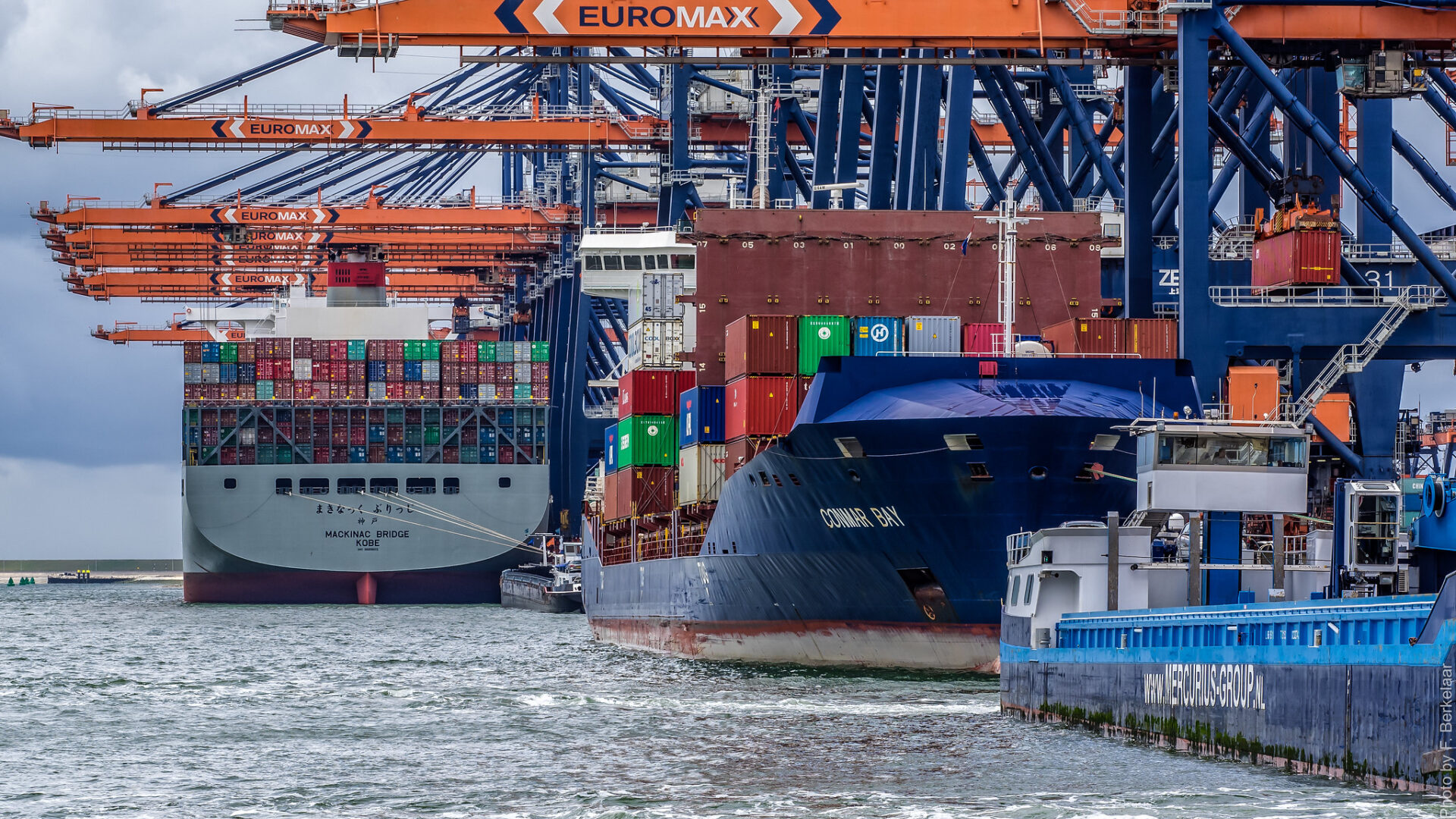Climate-Resilient Trade and Production

A seminar with EU member states on the European policy implications of transboundary climate risks
COVID-19 has revealed with startling clarity the vulnerabilities inherent in our global systems – how cascading impacts can leap from sector to sector and escalate from country to continent – with profound political, economic and social consequences. The resilience of many important systems in our world today depends on long and complex supply chains in combination with small stock reserves. This leaves such systems highly vulnerable – spurring chain reactions that can threaten food security, jobs and livelihoods, and health and wellbeing. In an interconnected world, increasing the resilience of global trade and production systems is paramount. Climate change is an urgent case in point. The impacts of climate change, from sudden shocks such as floods or heat waves to slower onset events such as sea-level rise or shifting ecological zones, are generating cascading effects that cross borders and reverberate through international systems – effects which will only become larger and more acute with time. The responses to such real or perceived risks – how we choose to adapt – can also catalyse cross-border impacts, presenting both risks and opportunities to others. Yet many countries, businesses and organisations are unaware of these risks and underprepared for their potential effect on fragile systems. How might climate change impacts occurring outside Europe affect economic production in Europe, or its ability to trade and remain competitive at the country and firm level? How could Europe’s trade flows and supply chains influence the region’s vulnerability to climate risks? And what adaptation options are available to the European Union (EU) and its member states to account for the impacts of climate change on the global systems and supply chains on which it depends? With its global links and strong integration in multilateral processes, evidence suggests the EU is likely to be highly exposed to transboundary climate risks, but it is also ideally placed to explore the collaborative governance mechanisms that could enhance preparedness and strengthen resilience, supporting member states to manage and reduce cascading climate risks and harness the new alliances and strategic opportunities they present. This invite-only, online seminar will explore how European member states, European businesses and the EU as a whole can usher in a new era of climate-resilient systems – revealing critical new insights on both the risks and opportunities of cascading climate impacts on trade and production. The floor will be given to experts and member states who are already assessing transboundary climate impacts on and via trade and economic production – to share information, good practices and outcomes achieved – while the implications for the EU as a whole will be discussed, including for the EU’s new strategy on climate change adaptation and its ongoing trade policy review. Member states can expect to leave the seminar better equipped to assess the transboundary climate risks they are exposed to – today and increasingly in the future – and with an enhanced understanding of the range of policy implications they present. Hosted by the Stockholm Environment Institute, the Netherlands Ministry of Infrastructure and Water Management, the European Commission and the Adaptation Without Borders Initiative, in partnership with the Horizon 2020 project CASCADES (CAScading Climate risks: towards ADaptive and resilient European Societies). Format: Closed-door discussion, Chatham House rule, hosted online
Contact: Katy Harris, Senior Expert, SEI – [email protected]
Draft Agenda
Chair/Facilitator of Part 1: Katy Harris (Senior Expert, SEI) 09:30–09:35 | Welcome Willem Jan Goossen (Senior Coordinating Policy Advisor at the Netherlands Ministry of Infrastructure and Water Management)
09:35–09:40 | Scene-setter: transboundary climate risks and international cooperation Mattias Frumerie (Head of Delegation to the UNFCCC at the Swedish Ministry of Environment)
09:40–10:05 | Transboundary climate risks and the implications for trade and production (presentation and discussion) Kevin Adams (Research Fellow, SEI) and Frida Lager (Research Associate, SEI)
10:05–10:30 | Identifying, assessing and managing transboundary climate risks via trade: Germany Martin Peter (Associate Partner, Economy and Environment, INFRAS) and Clemens Haße (Member of the Adaptation Team at the German Environment Agency) 10:30–10:45 | Current approaches to better understanding transboundary climate risks via trade: Sweden and Spain Anna Jonsson (Water and Climate Adaptation Expert, Swedish Meteorological and Hydrological Institute); Paco Heras (Coordinator, Spanish Adaptation Plan 2021–30) and Paula Henry (Climate Change Expert, Spanish Ministry for the Ecological Transition and Demographic Challenge)
10:45–11:00 | Open session – other country experiences Chaired by Katy Harris (Senior Expert, SEI) 11:00–11:10 | Break Chair/Facilitator of Part 2: Liviu Stirbat (Deputy Head of Unit, DG Climate Action, European Commission) 11:10–11:15 | The challenges and opportunities of formulating policies that address systemic risks Marcel Beukeboom (Climate Envoy, Kingdom of the Netherlands)
11:15–11:22 | CASCADES policy simulation – short video Piotr Magnuszewski (Scientific Director at the Centre for Systems Solutions)
11:22–11:50 | Moderated discussion Chaired by Liviu Stirbat (Deputy Head of Unit, DG Climate Action, European Commission)
11:50–11:54 | Opportunities arising from the EU Mission on Adaptation to Climate Change, including Societal Transformation Jaroslav Mysiak (Member and Rapporteur of the Mission Board on Adaptation to Climate Change including Societal Transformation; Euro-Mediterranean Centre on Climate Change)
11:54–11:58 | Implications for the EU’s new strategy on climate change adaptation and trade policy review Liviu Stirbat (Deputy Head of Unit, DG Climate Action, European Commission) and Jacek Michal Kozak (Trade Policy Officer, International Trade Department, European Commission) to be confirmed
11:58–12:00 | Thank you and next steps Richard Klein (Senior Research Fellow, SEI)
(0) Comments
There is no content